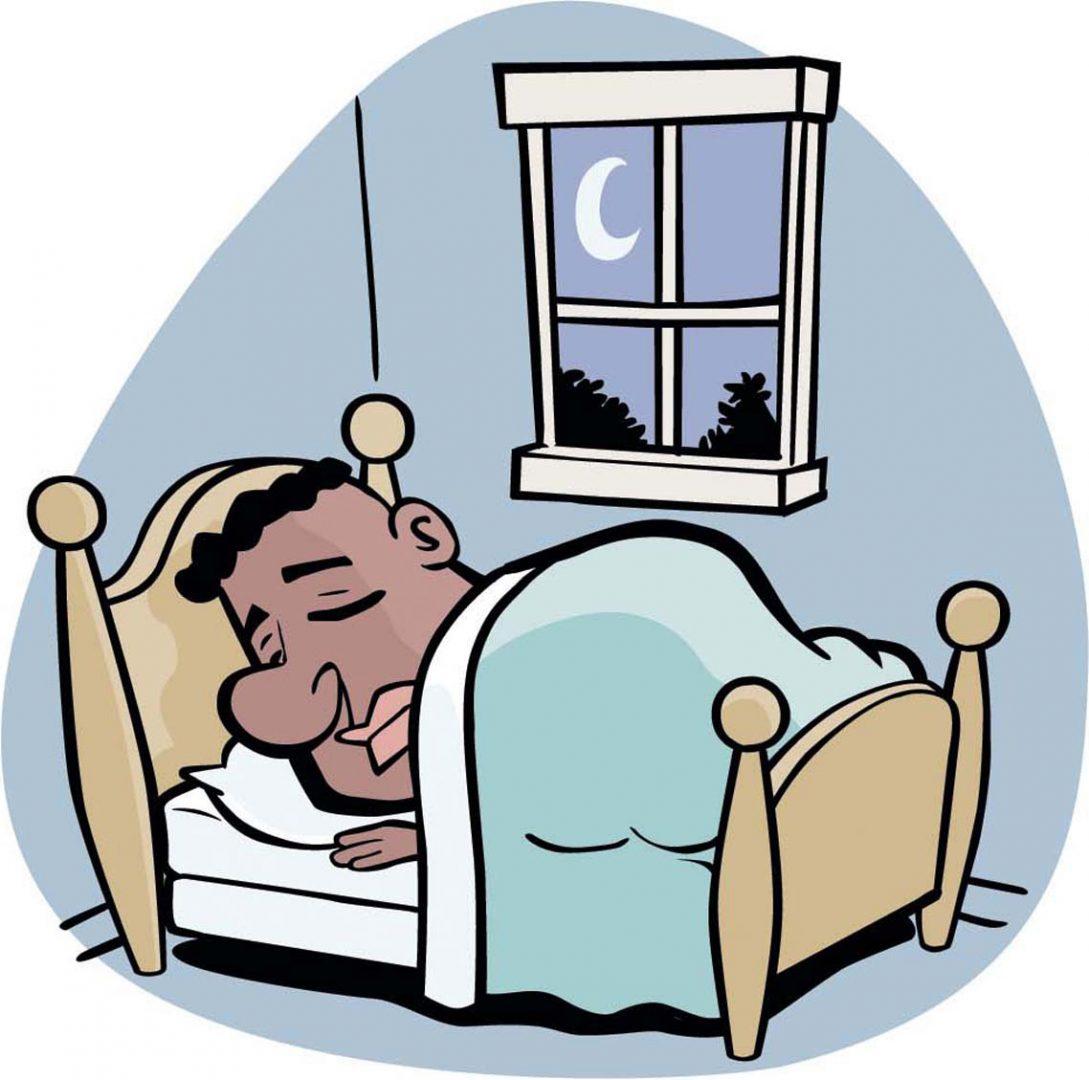Nearly a third of U.S. adults get less than the recommended amount of sleep, according to the Centers for Disease Control and Prevention (CDC). However, for college students the rate may be much higher.
There is no manual to adulthood, much less to college life.
As college students, young adults undertake the pressure of maintaining good grades, work, social life and extracurricular activities, among other tasks; sleep may fall at the bottom of the list.
For Miguel Aguirre, a junior at Fresno State taking 15 units while working two jobs, sleep is a priority.
“I get my mindset right,” said Aguirre. “It is all just a mental thing.”
A planner can be the key to sleeping more, according to Aguirre, because when used properly, it can potentially aid sleep.
“If you fail to prepare, you’re preparing for failure,” said Aguirre, pointing to a popular proverb.
Procrastination really needs to be tossed out the window in order to improve sleep habits, he said.
Aguirre usually goes to sleep no later than 11 p.m., but on weekends, it’s closer to 2:30 a.m., due to his work schedule. This is where he’s noticed the effects on his body. He feels sore and even grumpy.
Besides staying on top of his agenda, Aguirre has completely cut out caffeine from his diet, and he has incorporated stretching before bed. This has revolutionized the quality of his sleep, he says
“Set a routine schedule,” said Lisa Lopez, a nurse practitioner at the Student Health and Counseling Center. She also said that good sleeping habits, commonly known as ‘sleep hygiene,’ can maximize a healthy sleep regime.
According to the CDC, a few tips include: consistent sleep schedule, a quiet and dark bedroom, removing electronics from the bedroom, avoiding large meals and caffeine before bed and exercising.
For Aguirre, sleep is important for two main reasons. Firstly, it allows the body to function properly. Secondly it allows the body to heal.
And there is science to back this up.
“Cerebrospinal fluid (CSF) is a fluid that washes your brain every day,” said Lopez. It works similar to a dishwasher, a clear liquid that cleanses the brain from waste produced throughout the day, she said.
“You literally wake up with a clean slate,” said Lopez. CSF pumps more quickly as the body sleeps, allowing your body to be replenished, she said.
The recommended amount of sleep adults between the ages of 18 to 25 need is between seven and nine hours to feel their best. A lack of sleep can have serious effects.
“It can cause a decrease in reaction time,” said Lopez.
For college students, there can be an increase in car accidents, forgetting things, lack of recall, and also a decrease in one’s ability to collect information, which can compromise academic performance, she said.




